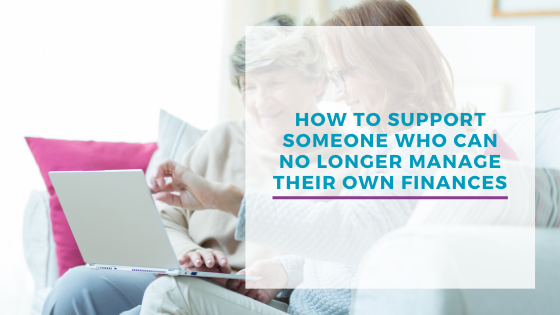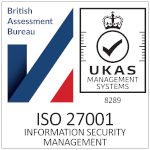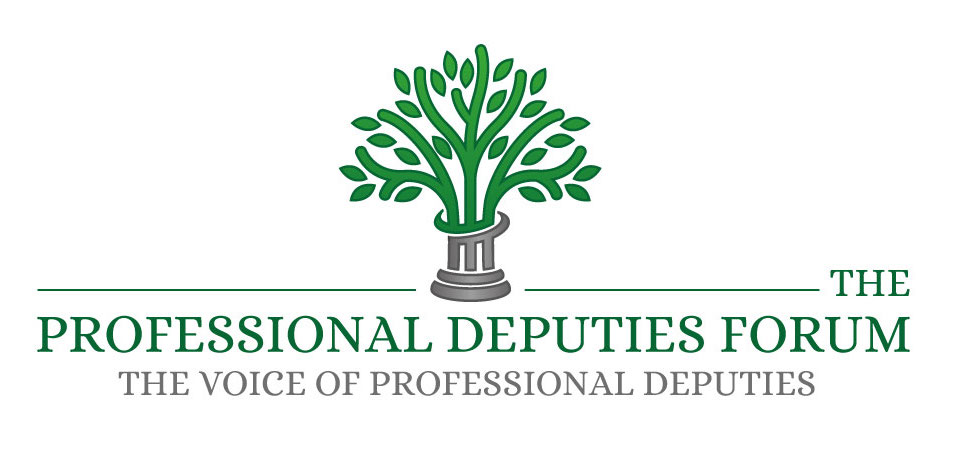There are a number of reasons why someone may find themselves unable to manage their own money. They may have a condition such as autism or downs syndrome which makes it very difficult or they may have an illness like dementia or Alzheimer’s. In these situations, it’s important that people have someone they trust who can take care of their financial affairs for them. If you have found yourself in the position where you need to support someone who can no longer manage their own finances, then here are some simple steps you can take.
Establish the level of support that is needed
A good place to start is to get clear on what support – and how much of it, the person needs from you. It could be that they just need some help setting up payments for their bills or creating a budget for their household expenses. Or they may need more formal and comprehensive support in handling all of their financial affairs.
Informal support
There are lots of different ways you can help someone who is struggling to manage their money. Here are a few for you to consider and discuss with the person you’re looking to support:
- Setting up standing orders and direct debits for bill payments to make sure these are paid on time
- Creating an income and expenditure with them to help them to keep to a budget
- Support them with any big financial decisions such as any large purchases or investments
- Help with paperwork
- Attend meetings with them – for example with financial advisers, benefits advisers or bank officials. These can be stressful at the best of times so some moral support can make all the difference
Formal Support
More formal support such as getting a Power of Attorney will be appropriate either where you and the other person have both agreed this is for the best or where the other person has been deemed not to have the mental capacity to manage their own affairs (for example, where they have dementia).
What is Power of Attorney?
This is a legal document which lets someone choose one or more people to make decisions on their behalf. Where the situation is temporary, they can apply for Ordinary Power of Attorney and where it’s permanent, they would apply for Lasting Power of Attorney. There are two types:
Health and welfare
Property and financial affairs.
It’s possible to apply for just one or both.
To apply for power of attorney, the ‘donor’ (the person requiring support) must be over 18 and have mental capacity – which means they must still be able to make their own decisions at the time they apply.
For more information on applying for a Power of Attorney, visit gov.uk.
Registering with the VRS
Anyone who is struggling to manage their own finances would be considered financially vulnerable and so it’s a good idea to let companies know their situation. If you’re offering informal support, then have a chat about the benefits of registering.
Alternatively, if you’re managing someone’s finances on a more formal basis and have an appropriate signed authority or legal Power of Attorney, then you can register on their behalf.














Post a comment